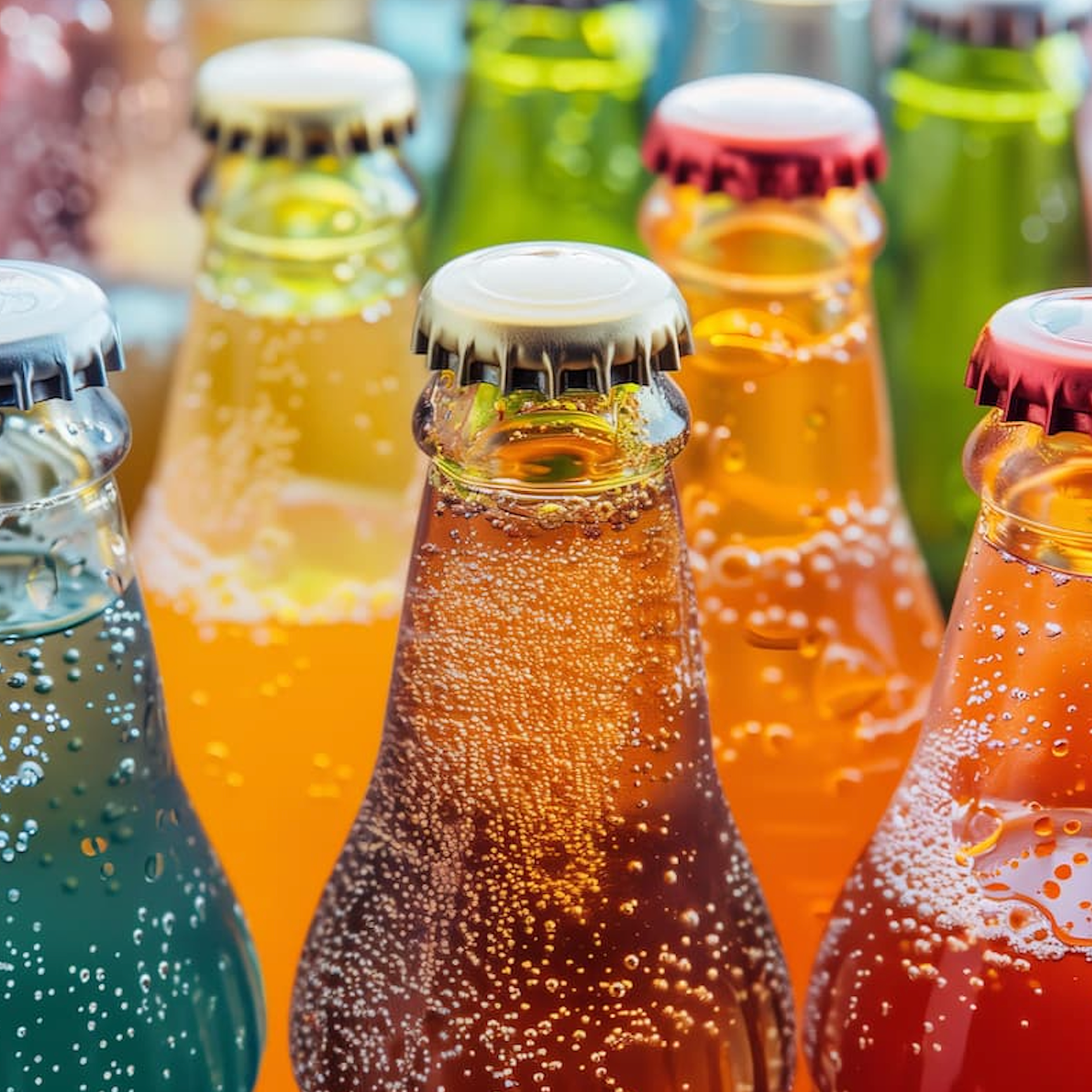Sugary and Diet Drinks Both Linked to Fatty Liver Risk
By
Lana Pine
| Published on October 7, 2025
3 min read
Credit: Adobe Stock/World of AI

Even “diet” or “zero sugar” drinks may not be as harmless as they seem when it comes to liver health, according to research presented at United European Gastroenterology Week 2025.
The study suggests that cutting back on both sugary and artificially sweetened beverages — and choosing water instead — may help protect your liver. These findings highlight the importance of looking at overall lifestyle and dietary choices, especially for people at risk of metabolic or liver disease.
Metabolic dysfunction-associated steatotic liver disease (MASLD) — previously known as fatty liver disease — is becoming one of the most common liver conditions worldwide, closely tied to obesity, diabetes, and heart and kidney problems. While most people know that sugary drinks like soda can harm their health, the long-term effects of drinks with low- or no-calorie sweeteners (such as diet sodas or artificially sweetened beverages) on the liver are less clear.
“Sugar-sweetened beverages [SSBs] have long been under scrutiny, while their ‘diet’ alternatives are often seen as the healthier choice,” said lead investigator Lihe Liu, a graduate student in the Department of Gastroenterology at the First Affiliated Hospital of Soochow University, China. “Both, however, are widely consumed and their effects on liver health have not been well understood.”
Researchers in the UK followed more than 103,000 adults for over 10 years to see how SSBs and low- or non-sugar-sweetened beverages (LNSSBs) might affect liver health. None of the participants had liver disease at the start of the study. They tracked how much of these drinks people consumed and compared that with who later developed MASLD or liver-related death.
“Our study shows that LNSSBs were actually linked to a higher risk of MASLD, even at modest intake levels such as a single can per day,” Liu said. “These findings challenge the common perception that these drinks are harmless and highlight the need to reconsider their role in diet and liver health, especially as MASLD emerges as a global health concern.”
What the study found:
- People who drank more than one 12-ounce can (about 330 grams) of sugary or diet drinks per day were significantly more likely to develop MASLD.
- Those who consumed high amounts of low- or non-sugar-sweetened beverages (like diet sodas) also had a higher risk of dying from liver-related causes, and this risk increased with the amount they drank.
- Both sugary and artificially sweetened drinks were linked to increased fat buildup in the liver, as measured by MRI scans.
- Replacing just one 12-ounce drink per day with water lowered the risk of MASLD by about 14% for sugary drinks and 13% for low- or no-sugar drinks.
“The safest approach is to limit both sugar-sweetened and artificially sweetened drinks,” Liu concluded. “Water remains the best choice as it removes the metabolic burden and prevents fat accumulation in the liver, whilst hydrating the body.”

